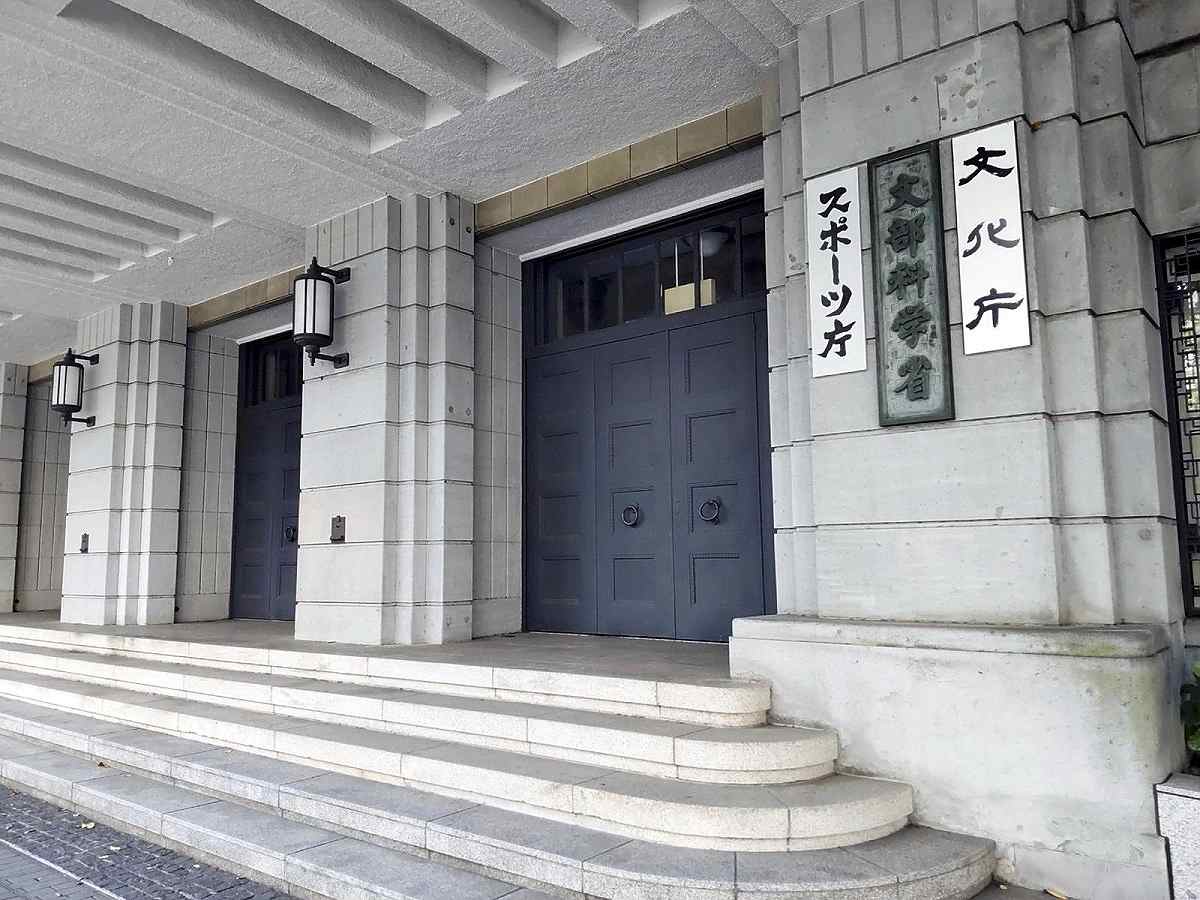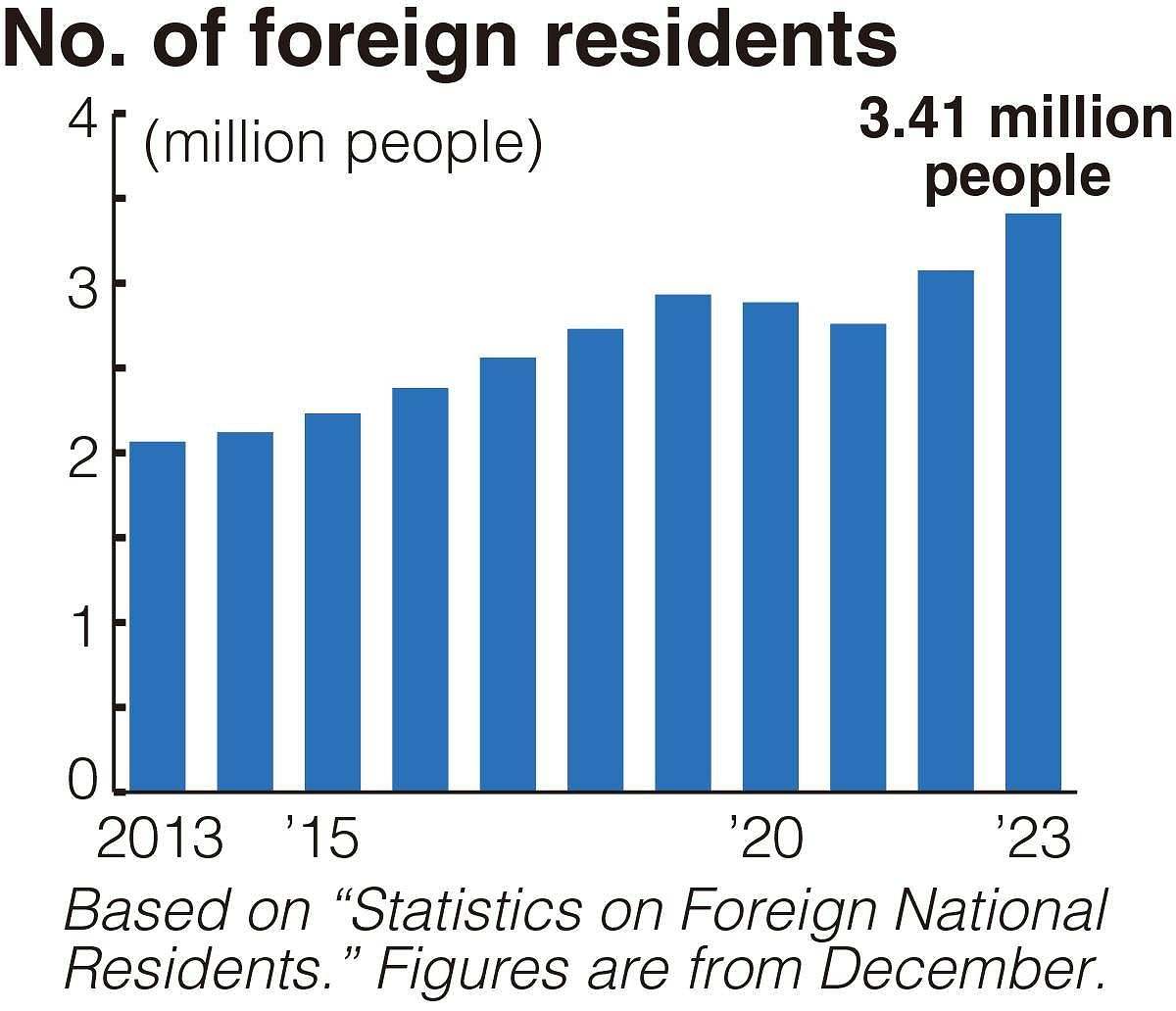Govt to Promote Investment in Japanese Language Schools; Aims to Improve Salaries, Condition of Language Education

The Education, Culture, Sports, Science and Technology Ministry
17:55 JST, September 14, 2024
The education ministry will implement a framework next fiscal year to promote investment in Japanese language schools, with the aim of raising teachers’ salaries and improving the condition of Japanese language education, The Yomiuri Shimbun has learned.
Schools that have been certified under a system introduced this fiscal year will fall under the framework.
Improving Japanese language education will make securing foreign workers with Japanese language skills easier for companies and other employers amid the country’s worsening labor shortage.
Securing foreign personnel
The system that the Education, Culture, Sports, Science and Technology Ministry implemented this fiscal year enables Japanese language schools that meet standards under certain categories, including number of teachers and curriculum, to be certified. The system is part of an effort to improve the quality of Japanese language education, and the process to certify schools is underway.
Many schools depend on tuition fees to run their business, leaving them short on the funds necessary to improve the quality of the education they provide. This is the situation that prompted the ministry to create the new framework for next fiscal year.
Investment will enable the schools to raise their teachers’ salaries, secure competent staff and guarantee high-quality lessons. It will also enable them to install the equipment needed to provide online lessons as well as develop and deliver curricula that meet the needs of learners with varying levels of Japanese ability.
The ministry plans to test the framework in about 10 locations nationwide. A ministry-commissioned private entity will act as an intermediary between potential investors and certified schools, approaching companies, local governments, universities and other parties to seek investments.
As many Japanese language schools lack knowledge about these kinds of investments, the coordinator will serve as a liaison between them and the potential investors, helping the schools to understand the need for and benefits of the investments.
The ministry plans to verify the results of the test, identifying any issues that arise, and share that information with Japanese language schools across the country, providing them with effective methods to attract investments.
In the background of the ministry’s project, the number of foreign nationals living in Japan has been increasing rapidly, reaching 3.41 million in 2023 compared with 2.07 million in 2013 — an increase of around 1.6 times.
Currently, there are about 2,800 educational institutions nationwide teaching Japanese to foreigners, with about 220,000 students enrolled. However, problems have emerged: Disparities exist between the standard of education provided by different schools, and teachers are in short supply.

According to a survey by the Immigration Services Agency, the lower the Japanese language ability of a foreign national, the more likely they are to be unsatisfied with life in Japan. Given that integration into a society is difficult without a certain level of ability in the language, the government is working to improve the condition of Japanese language education, aiming to make it available to more people.
Top Articles in Society
-

Producer Behind Pop Group XG Arrested for Cocaine Possession
-

Man Infected with Measles Reportedly Dined at Restaurant in Tokyo Station
-

Man Infected with Measles May Have Come in Contact with Many People in Tokyo, Went to Store, Restaurant Around When Symptoms Emerged
-

Woman with Measles Visited Hospital in Tokyo Multiple Times Before Being Diagnosed with Disease
-

Australian Woman Dies After Mishap on Ski Lift in Nagano Prefecture
JN ACCESS RANKING
-

Producer Behind Pop Group XG Arrested for Cocaine Possession
-

Japan PM Takaichi’s Cabinet Resigns en Masse
-

Man Infected with Measles Reportedly Dined at Restaurant in Tokyo Station
-

Israeli Ambassador to Japan Speaks about Japan’s Role in the Reconstruction of Gaza
-

Videos Plagiarized, Reposted with False Subtitles Claiming ‘Ryukyu Belongs to China’; Anti-China False Information Also Posted in Japan























